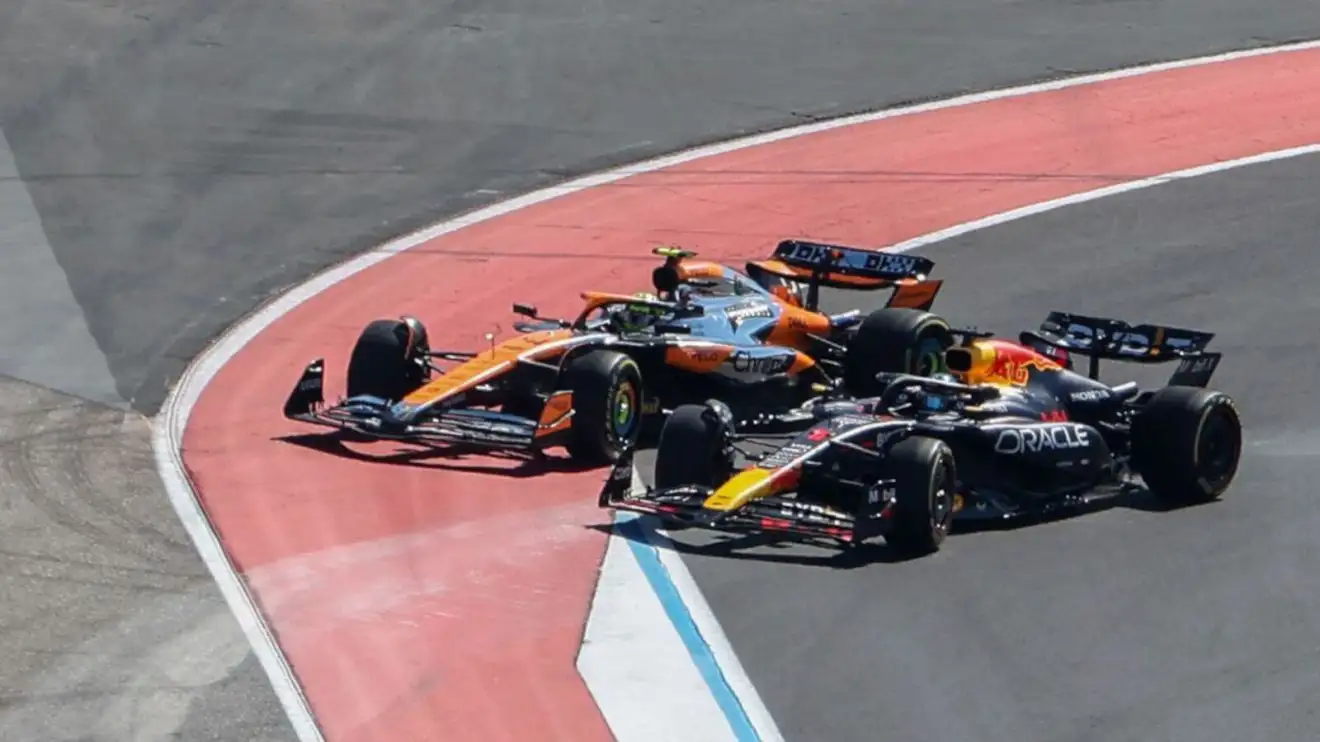
Damon Hill believes Max Verstappen’s approach to racing will never be criticised by Red Bull, with the Dutch driver ‘free to do what he likes’.
Damon Hill: Red Bull will never criticise Max Verstappen
“There’s never any attempt to publicly describe his driver in a way that other people would recognise as being… it’s always a protective comment from Christian about Max,” Hill told the Sky F1 podcast.